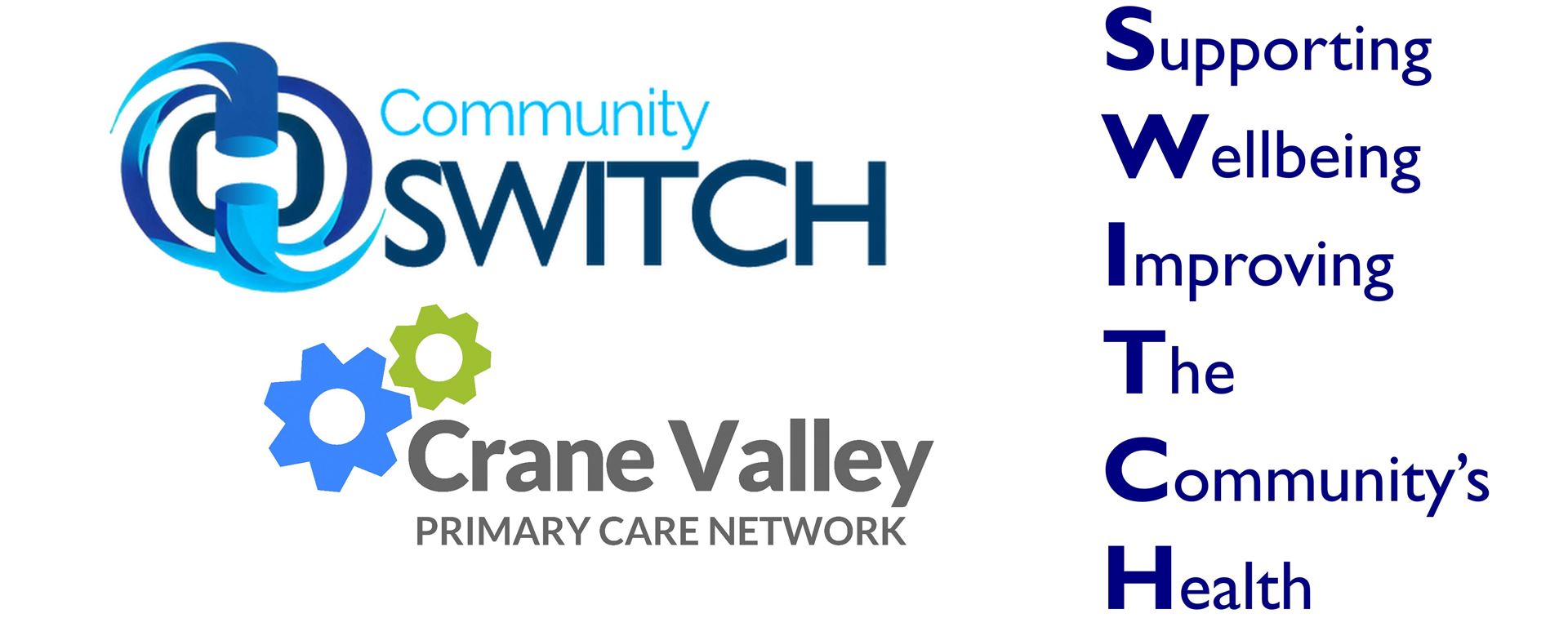Women's Health
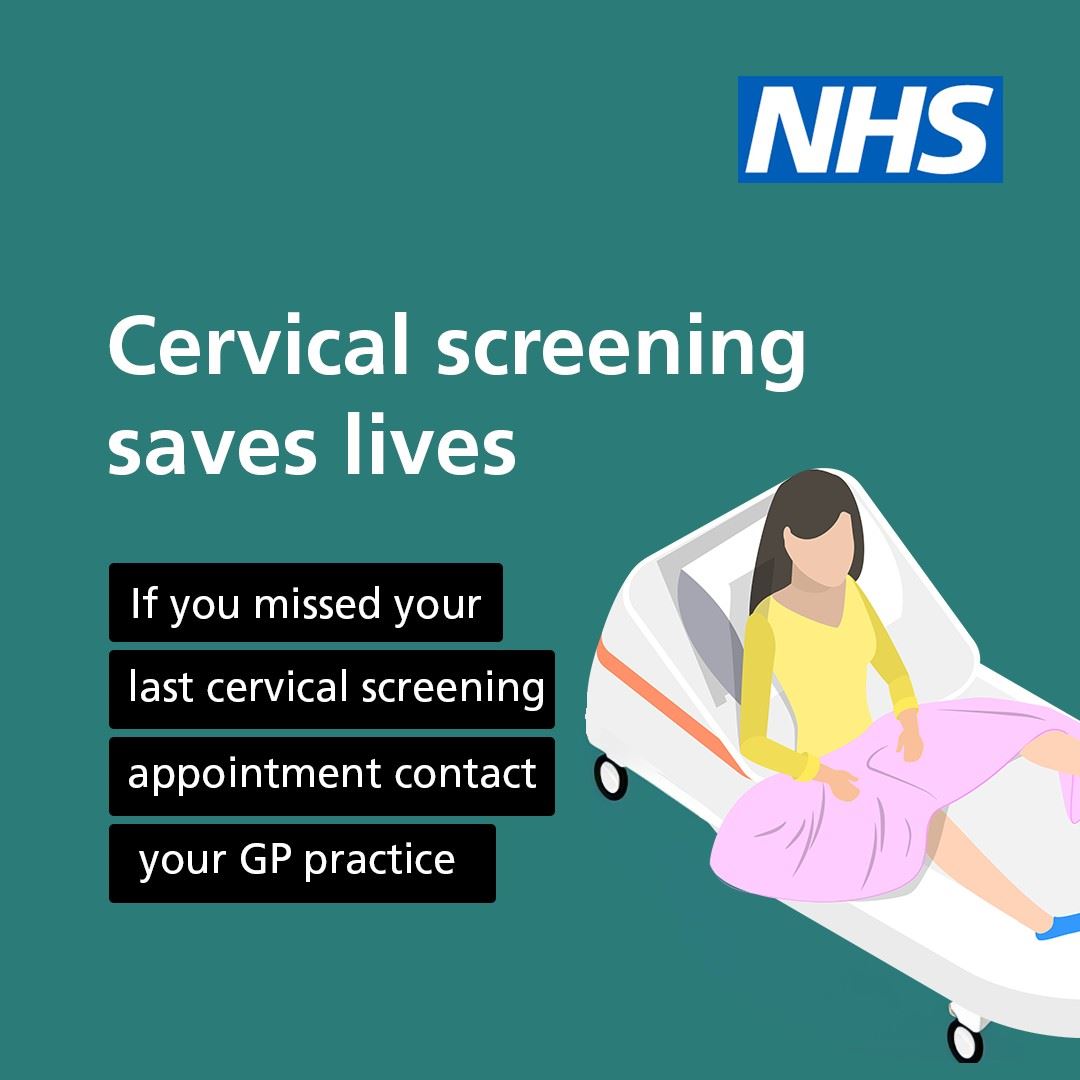
Cervical Health Check
All women and people aged 25 to 64 with a cervix should receive an invitation for their routine cervical screening (smear test), every three to five years. Cervical screening is a simple and potentially life-saving health check that can help prevent cervical cancer.
We understand that life gets busy, and it’s easy to put things off—especially when they feel unfamiliar or uncomfortable. If you’ve been feeling unsure or nervous, you're not alone. We’re here to support you. We offer a short questionnaire you can fill in before your appointment to let us know how we can make the experience more comfortable for you—whether that’s needing more time, privacy, or a chance to ask questions.
Follow this link to download the Cervical Screening Questionnaire>>
Visit the NHS website here>> for more information about cervical screening and why it's important.
Or view this guide to understanding cervical screening>>
If you missed your last cervical screening, you do not need to wait for a letter to book an appointment. Please Contact Us to make an appointment with a member of our Nursing or Health Care team.
If you have a cervix you are at risk of cervical cancer. This may be relevant to you if have not had a total hysterectomy (removal of the womb and cervix).
The Dorset Women's Health Website - launched April 2025
Produced by Dorset Women CIC in collaboration with NHS Dorset, healthcare professionals, and members of the community, the Dorset Women's Health website is centred on the voices and experiences of local women.
It's a safe, inclusive space for all women—including those who are transgender or non-binary—to explore trusted health information and local services.
Whether you're looking for information on contraception, mental health, breast health, menopause, pelvic health, or HPV, this website is designed to support you in making choices about your mental and physical well-being.
Visit the Dorset Women’s Health website by following this link>>
Scroll down for information on the women's health and family planning services we offer at the Practice.
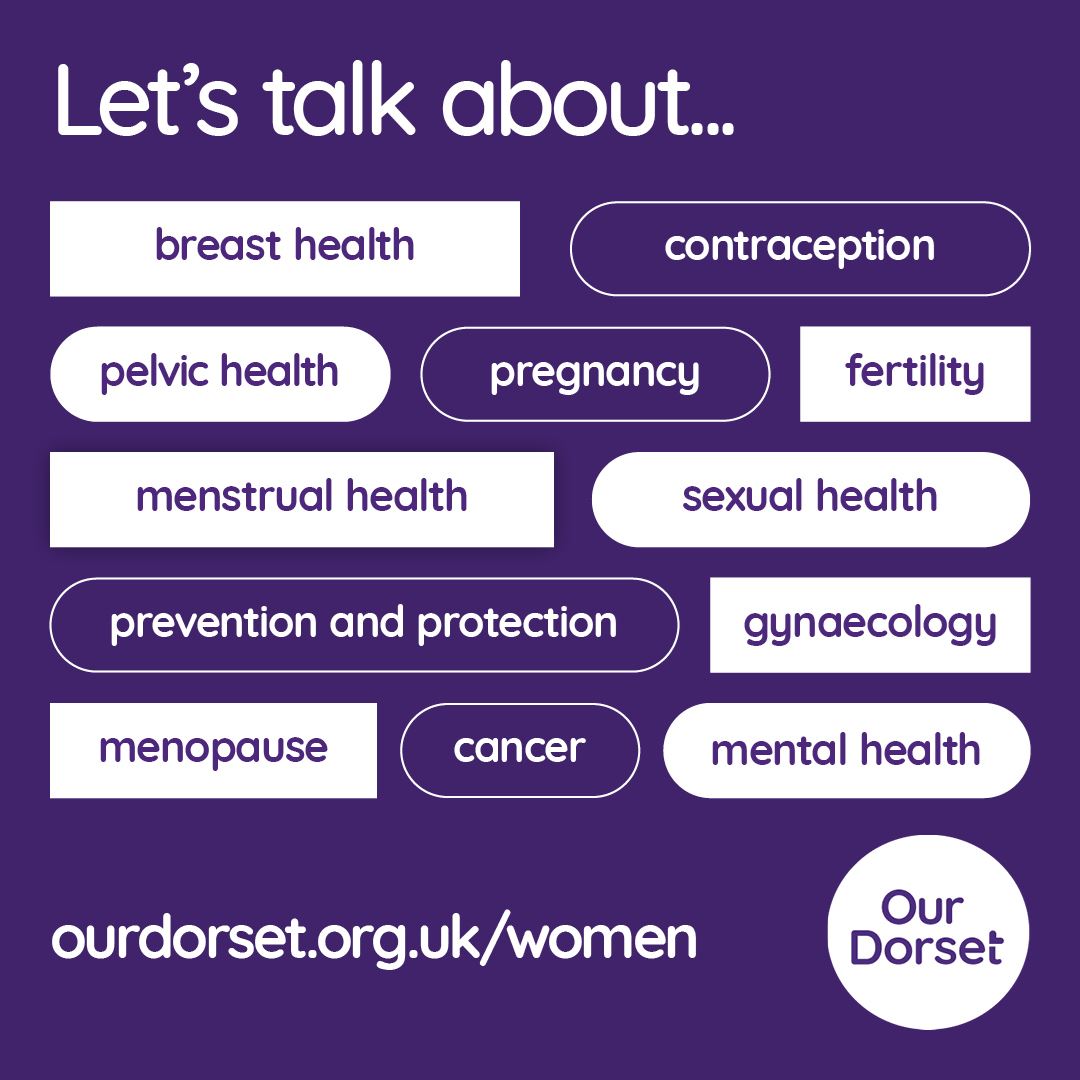
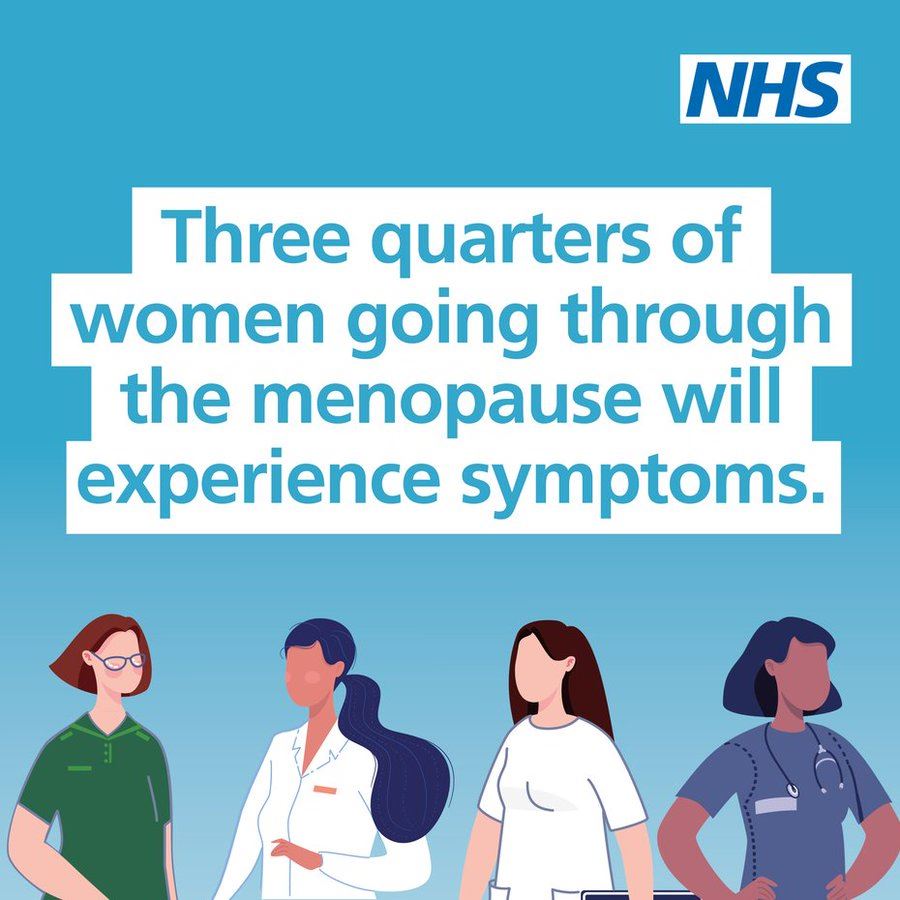
Menopause
Menopause is a natural part of aging, typically occurring between 45 and 55, as oestrogen levels decrease. In the UK, the average age for reaching menopause is 51. The stage leading up to menopause, called perimenopause, often lasts several years.
You are thought to be “post-menopausal” when you have had a year since your last period. (But you are only able to know this if you are not on any hormones or contraception that may affect your periods). Determining your exact stage may be challenging; however, we prioritise your symptoms and how they’re affecting your life over the specific stage.
- Hot flushes / Night sweats
- Skin dryness/ crawling sensation
- Anxiety
- Joint aches
- Mood changes / Irritability /
- Tearfulness
- Poor or no libido / Vaginal dryness
- Forgetfulness / Poor sleep
- Urine infections / Urinary
- incontinence
- Brain fog
- Hair loss
If menopausal symptoms are impacting your daily life, remember that you’re not alone, and there are many supportive resources available to help you feel your best. From educational materials and community groups to personalized medical treatments, there are ways to manage and even alleviate many symptoms of menopause.
Exploring these options can offer relief, help you feel more in control, and empower you to navigate this stage with confidence.
Scroll down to learn more.
Considering HRT (Hormone Replacement Therapy)
The main medicine treatment for menopause and perimenopause symptoms is hormone replacement therapy (HRT), which replaces the hormones that are at low levels.
If menopausal symptoms are impacting your life and you believe HRT could help after reading this leaflet, please take the following steps:
1. Contact us to make an appointment to discuss HRT.
2. Prepare Health Information to bring with you:
- Recent blood pressure reading from a home device, pharmacy, or GP surgery.
- Your current weight.
Menopause is generally diagnosed based on symptoms alone, and blood tests are rarely necessary.
You can also find information about HRT for menopause symptoms, including the types of HRT, benefits and risks and how to take it on the NHS website by following this link>>
Breast Screening
All women who have reached the age of 50 are offered a breast screening service every three years until the age of 65. You will have a simple screening x-ray called a mammogram.
Breast screening is a national programme and is not led by the Practice. NHS England will routinely send an invite letter to eligible patients, with a telephone number for patients to ring and book an appointment. However please make an immediate appointment to see your GP if you discover any breast lump.
For more information on the NHS breast screening programme including when you'll be invited and who should go, please visit the NHS website by following this link>>
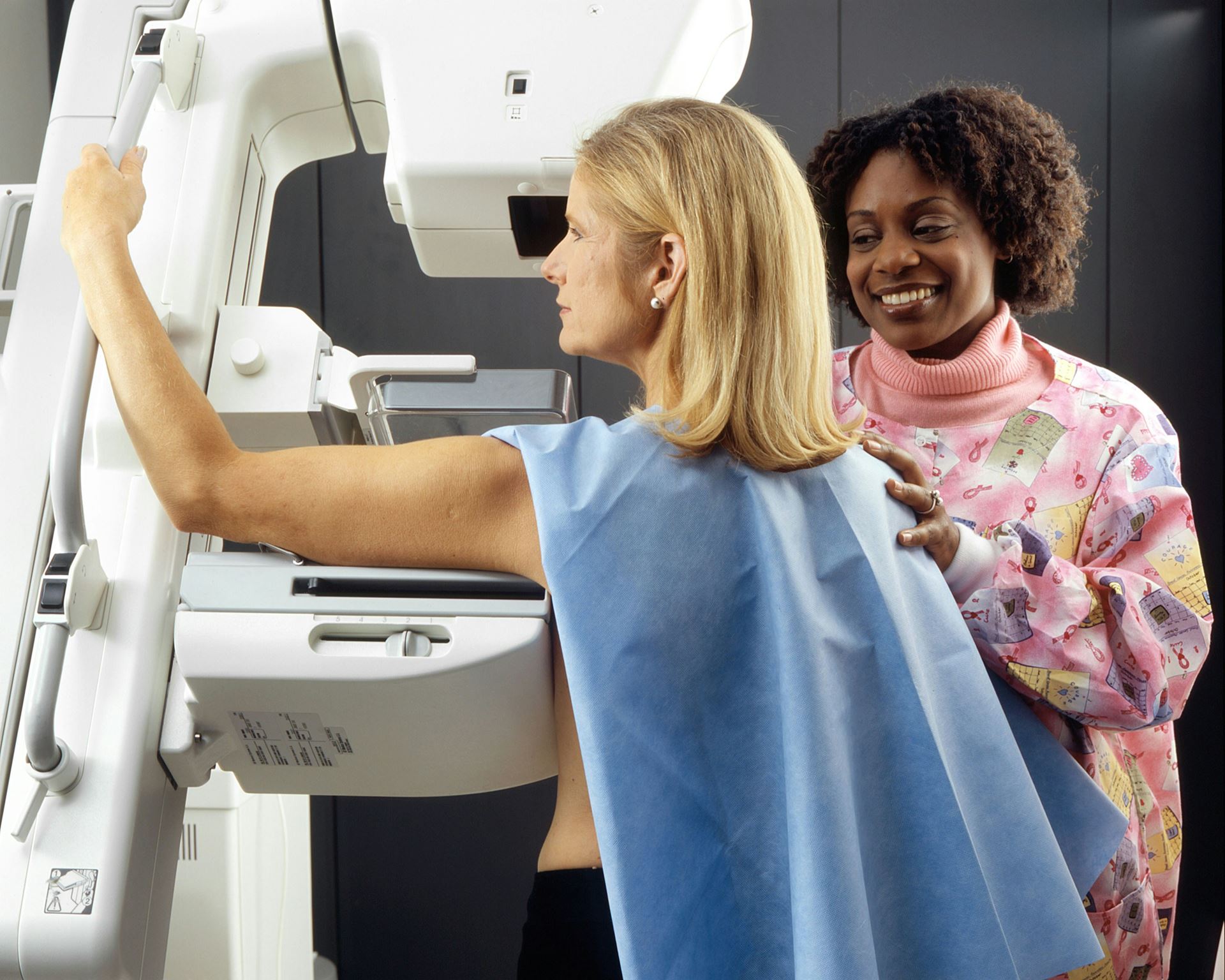

Family Planning
Contraception services are free and confidential, including to people under 16 as long as they are mature enought to understand the information and decisions involved. For advice on contraception, including emergency contraception, please contact us and ask to speak to nurse or doctor.
If you have an urgent issue and this is outside clinic opening hours, please follow this link for details of the Emergency service offered by Sexual Health Dorset>>
There are many methods of contraception available and there's no perfect method, which it can make it difficult to choose between them. The Contraception Choices website provides honest information on the advantages and disadvantages of each method to help people decide which method of contraception might suit them best.
You can also get impartial help and advice from the British Pregnancy Advisory Service. If you have decided to terminate your pregnancy, you can refer yourself by calling 0300 456 2217 to book an appointment.
Sexual Health
Sexual Health Dorset is a free contraception and sexual health service for all ages, provided by Dorset HealthCare University NHS Foundation Trust.
They offer a wide range of confidential services, including STI testing, treatment, contraception (including long-acting and emergency), pregnancy testing, PEP, and specialist young people’s services. For further information visit their website here or call 0300 303 1948
They also offer postal STI testing, treatment and contraception through their digital partner, SH:24.
Page created: 26 February 2024

